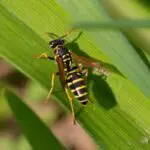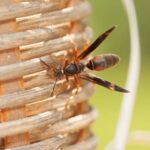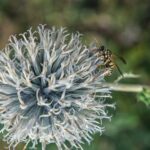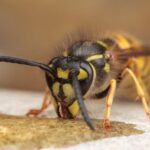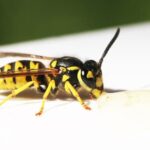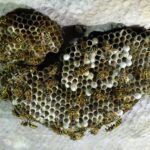Wasps Sting – What to Do
Whenever you are outside and you are attacked by wasps, you should take certain precautions to protect yourself from being stung. There are various symptoms you can expect after a wasp sting, including swelling, itchiness, breathing problems and other complications. Those who have a severe reaction should seek medical attention immediately.
In case you are experiencing a moderate reaction, you can apply antihistamine preparations with skin coolant to ease the symptoms. You can also use a cold compress to relieve pain and swelling. You should apply the compress for 10 minutes on and 10 minutes off.
Alternatively, you can apply a topical anti-itch cream to the area. Some creams you can use are hydrocortisone and calamine lotion. This will help reduce the itching and prevent clothing from rubbing against the sting.
If you are experiencing a severe allergic reaction to a wasp sting, you should seek emergency medical attention. Depending on the severity of the reaction, you may need an EpiPen. This hormone helps restore blood pressure and can help alleviate symptoms. You should carry EpiPen with you at all times.
In addition, a small number of people may develop hypersensitivity after multiple wasp stings. This can lead to a more severe reaction the next time they are stung. Symptoms include weakness, shortness of breath and even loss of consciousness.
Symptoms of a wasp sting include redness, swelling and itchiness. The stinging process is painful, but it usually passes on its own in a few hours.

